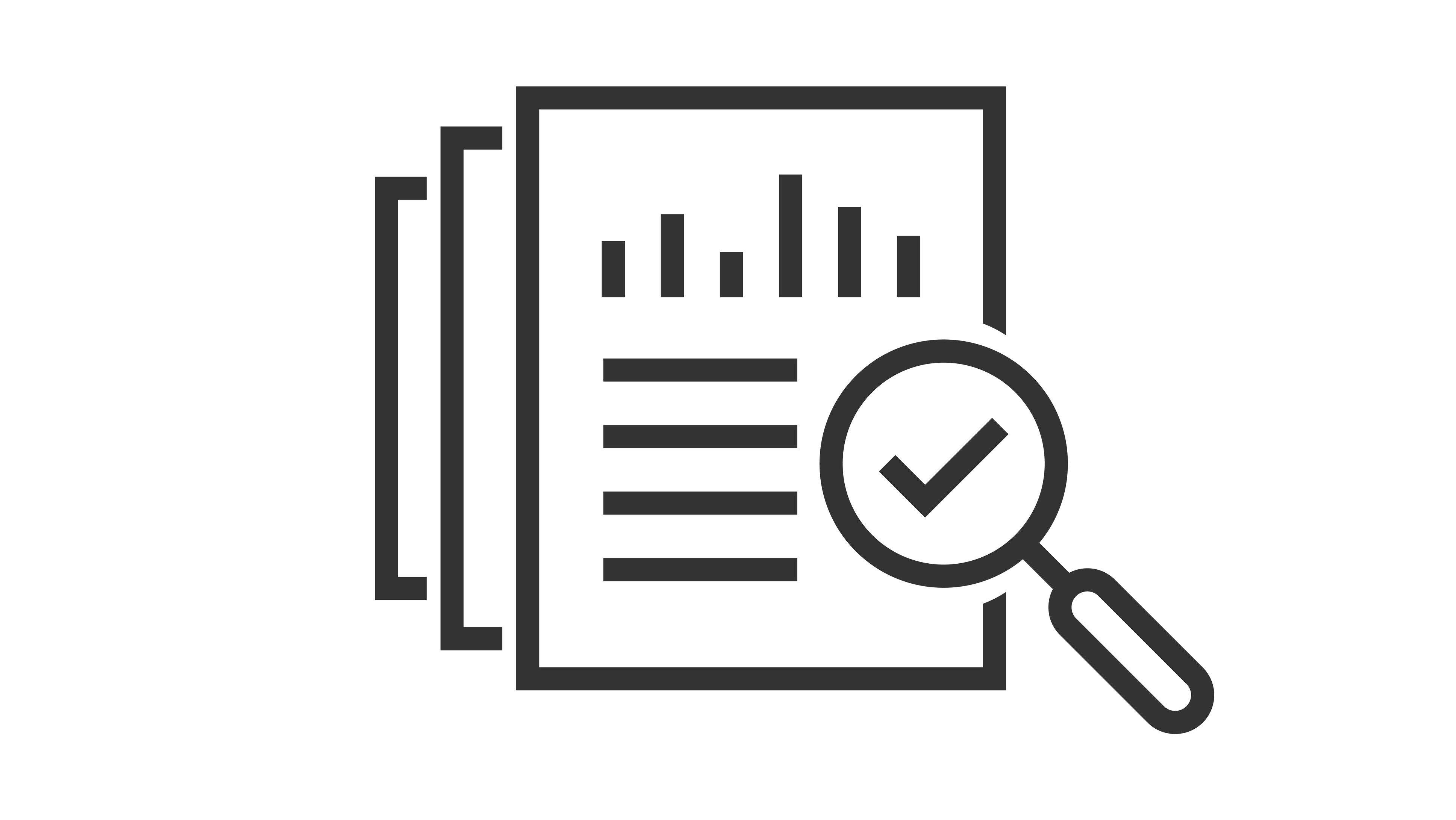Computing stands as the cornerstone of innovation in modern technological advancement, and it revolutionizes the way we process, manage, and interpret information. There are different parts to computing, like the theories behind computer science and the practical use of information technology, as well as the application of artificial intelligence and data science. This project delves into the world of computing, exploring its impact on fields such as business, healthcare, education, and scientific research. As we navigate the intricacies of algorithms, software, hardware, and networks, it is important to acknowledge how computing shapes our lives today and where it's taking us in the future as tech keeps pushing the limits.
We discovered and learned about many innovations over the course of this project, ranging from generative AI to quantum computing. We found strong signals that are very likely and even happening now, including major investments in computing advancements, regulatory attention, and investments in research, especially in respect to the recent trend surrounding AI. We found weak signals like 6G, quantum processors, and advancements in edge computing which were found through analysis in our fringe sketch. There will be impacts of innovations in computing in every sector from education to the environment to geopolitics. There will be transformation in the job market, better healthcare infrastructure, AI driven military technology, and machine learned assistance in environmental monitoring just to name a few of the impacts of innovations in computing on modern society.
As stated in the Executive Summary, we believe that advancements in the computing sector will have a positive impact on society, pending that regulations are put in place. Before we put regulations into place, however, we need to fully evaluate the landscape that these innovations is creating in order to properly regulate it. Before we come up with answers, we need to learn what questions to ask.
There will likely be changes that are completely unexpected, but as futurists and forward-looking students and citizens we can do what we can to be prepared and keep an open mind. The faster we adopt new technologies and new ideas, the more knowledgeable and prepared we can be for the future. Keeping an eye out for new technologies, and new ideas outside of the current industries we look to is our best bet in preparing for the future, as disruptions always come from outside the industry it changes. For example, we learned about a potential disruptor in our conversation with Luke Roling, where he informed us that computational scientists were starting to use gaming processors in place of CPU processors, because they had more computing capacity. Looking toward the gaming industry to further computational science is not something that anyone would have predicted, but it’s something that is happening. The incorporation of technology from a different industry that is also very involved in computing disrupts the way processes are carried out.





